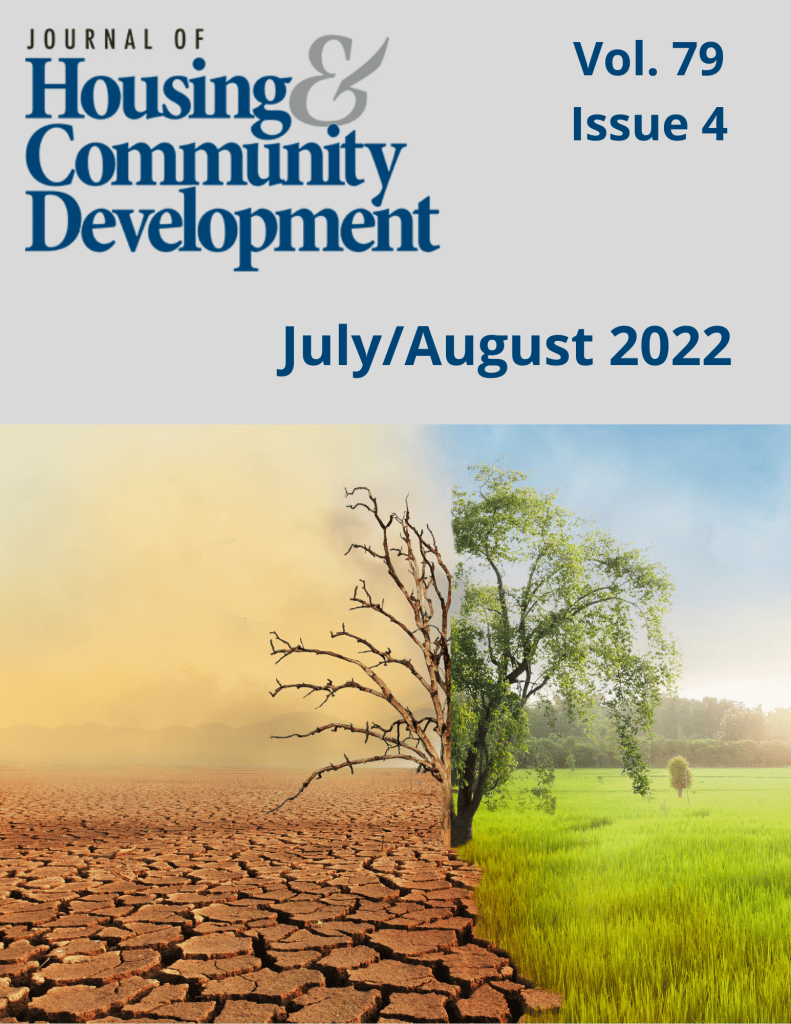Addressing Bias within the HCV Program: Solutions to Combat Discrimination

The country is facing an unprecedented affordable housing crisis. With record high inflation, rapidly rising rental costs, and housing shortages, finding a safe, decent, affordable home is nearly impossible for many, particularly the nation’s most vulnerable populations.
One solution to address this crisis is expanding access to housing choice vouchers. Funded by Congress, allocated by HUD, and administered by Public Housing Agencies (PHAs), the Housing Choice Voucher (HCV) program aims to provide low-income households, elderly individuals, and people with disabilities with opportunities to lease homes and potentially relocate to new neighborhoods. Housing agencies provide vouchers directly to tenants.
However, not every person who needs a housing voucher gets access to one. Only 1 in 5 eligible Americans that qualifies for federal rental assistance receives it. While bureaucratic and financial barriers often keep landlords from participating in the HCV program, discrimination can also play a large role.
“Discrimination is a multipronged animal,” Lisa Baker, a consultant and former CEO of Yolo Housing in California, said. “Overt discrimination does exist, but a lot of it happens in a really unconscious place.”
A 2018 HUD study found that Black voucher holders experienced greater discrimination from landlords than white voucher holders.
Fortunately, Baker and others have found ways to address landlord biases in their communities.
Some landlords believe HCV tenants incur higher maintenance costs and are less likely to pay rent on time. This type of preconceived stereotype means 80% of voucher tenants rent in low-income neighborhoods. Others claim to have negative experiences with voucher tenants. But, despite these assumptions, research shows voucher holders are no more likely to drive up the cost of maintenance or submit late payments than non-voucher tenants, according to a study from 2019.
“There are all of these implicit assumptions about who is valuable enough to be invested in,” Baker said. “Whoever has the lever of power can often create biased systems against those who don’t.”
The 2018 HUD report found 4.5% of landlords who did not accept HCV tenants made negative comments about them and were more likely to implement stringent screening criteria for voucher holders. The use of screening tools such as criminal background checks can further perpetuate stereotypes, impacting voucher tenants, especially those with justice-involvement.
“On the landlord side, they can often have unconscious assumptions about who will be a good tenant,” Baker said. “On the other hand, people who need services to stay successfully housed can’t always get them, which not only contributes to an unsuccessful housing tenancy, but can also end in recidivism for populations that have exited incarceration.”
At the municipal and state levels, source of income (SOI) laws can prohibit landlords from discriminating against tenants for having a voucher or a particular source of income. SOI laws have shown to improve outcomes for voucher holders who chose to relocate and increase neighborhood diversity, according to a 2022 New York University study. But even with these laws in place, it can be difficult for PHAs to enforce them.
Housing agencies can also contract with outside legal assistance, according to Baker, which can help mediate conflict and protect the rights of voucher holders by holding landlords accountable. These services can report how many people are claiming discrimination, whether it was overt discrimination, and how the situation was handled.
Above all, relationship-building is the key ingredient to develop a successful and inclusive HCV program.
“When a landlord has a good experience with a [voucher] tenant, it opens the door to have another tenant,” Baker said.
When it comes to making connections, she said it’s more effective to go to them instead of asking them to come to you.
“We recommend connecting with a local apartment owners association and offering information sessions through a Lions or Rotatory Club to get the message out,” Baker said. “A lot of Chambers of Commerce can give you the space in a more relaxed atmosphere to start building business to business relationships.”
Housing agencies can hold gatherings such as a “meet-and-lease” event to connect landlords with potential voucher tenants and break down stereotypes. The DC Housing Authority in Washington D.C. began holding these events in 2015. One gathering resulted in 80 lease ups for voucher tenants in a single day, according to the 2018 HUD report.
“Start small, find out what the needs are in your community, and find out how you can help,” Baker said.
More Articles in this Issue
NAHRO Honors Award Winning Agencies
Our Awards of Excellence winners are chosen by national juries and honored at the annual…- Allergy Technologies
Philadelphia Housing Authority (PHA) Implements Bed Bug Prevention Program
PHA awarded a $15 million, five-year contract to Allergy Technologies to implement ATAHC - a… - Yardi
Uplifting the Community with Local Solutions
Yardi’s experience can help your PHA do more with MTW Moving To Work (MTW) was… How Climate Disasters Impact Housing Supply: A Case Study from Chico, Calif.
Across the country, communities struggle to keep up with adequate housing stock to meet the…Student Spotlight: Abby Strong
Abby Strong knew from a young age she wanted to help others. Growing up in…






